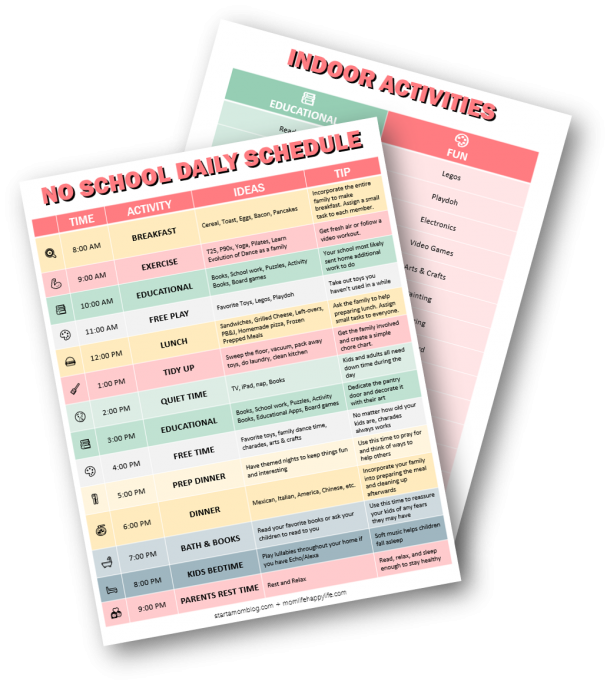Are you ready for a bold prediction? 2020 has turned hundreds of thousands, maybe millions, of parents into unexpected (and even reluctant) homeschoolers. And I think tens of thousands of homeschoolers will never go back to public schools.
I know, it sounds crazy. We are in full-on crisis mode. Parents are working full time, caring for their children full time. And still maintaining their homes and adult relationships. They are constantly searching Pinterest of homeschool hacks and virtual school tips & tricks.
You probably think parents are itching to send their kids back to full-day public school and get back to ‘normal’. And yet, I believe that many American families will have a life-altering paradigm shift and refuse to participate in public school as we know it. Here’s why I think many pandemic homeschoolers will never go back, and it’s for the better!
We’re Reminded of What’s Important
This global pandemic has put into perspective the things that are really important in our lives. And it’s not the Olive Garden dinners or Wednesday night soccer practice. Or the busy work your grade-schooler is doing for hours a day in public school. It’s family. It’s community. Most importantly, it’s human lives.
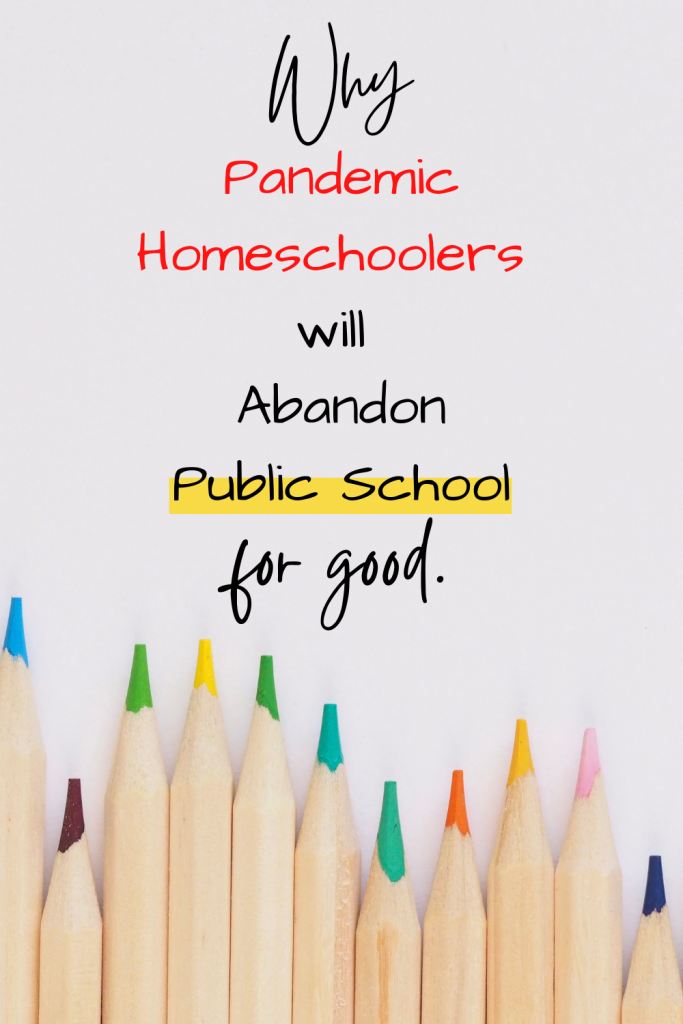
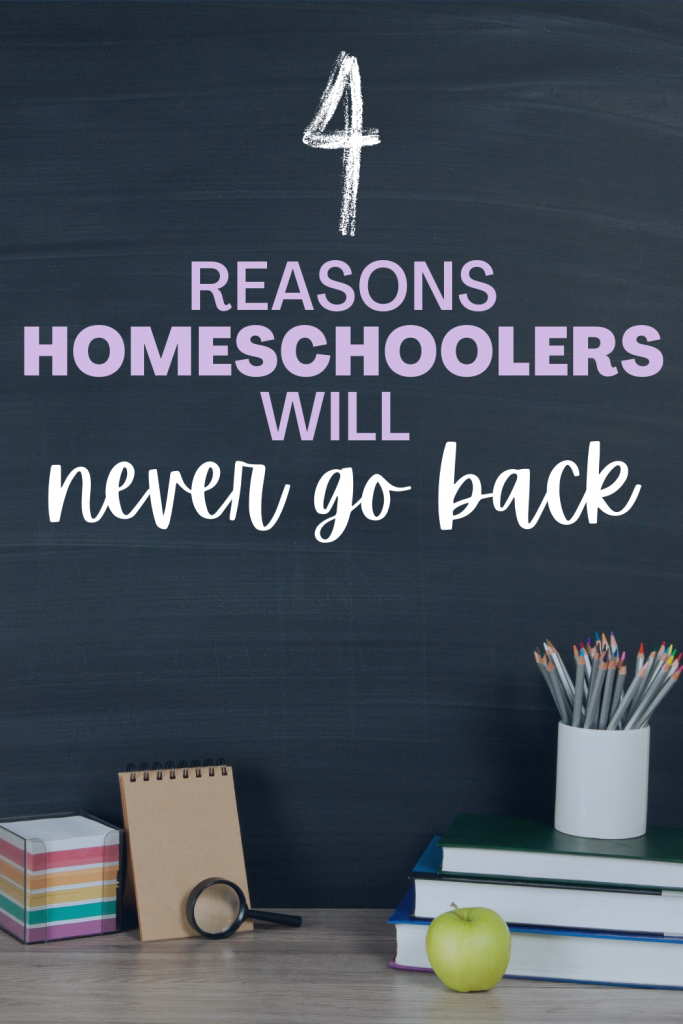
Health and Safety
The health and safety of our friends and family are more important than birthday parties, concerts, and high school sporting events. We make great sacrifices to ensure the safety of the ones we love.
And yet, we watch the news and realize our schools have become a dangerous place for students for a variety of reasons. Maybe we’ve turned a blind eye because of work demands. Perhaps we have misguided notions about public school socialization. But for whatever reason, we’ve maintained the status quo. We continue to participate in public schools despite the increased risk to our student’s health and safety.
Family Time
Many families now realize how little time they spent with their kids prior to this pandemic. We stay busy with work, sports, extra-curricular activities. It’s easy to forget that quality family time is fantastic! This pandemic has given us a precious opportunity to reconnect with our kids, and many families will make it a priority going forward.
Community Citizenship
Parents dream about their child contributing to society in meaningful ways. Public citizenship is a core value for many Americans, but it is difficult to find time to fit community service and volunteer work into our busy schedules. This pandemic has given us an ironic task to help our communities: DO NOTHING. It seems easy. Stay home, limit contact, and literally do nothing to protect our most vulnerable citizens. Families all across the globe are living through this unique experience. And now, we have a measurable way to contribute to our communities. Going forward, I expect parents will continue to encourage students to spend time as contributing community members, and this is particularly easy to fit into a homeschool schedule.
We’re Connecting as Families Through Homeschooling
Families connecting is definitely a silver lining of a global pandemic. Many close-nit families will choose to continue this way of life. Here’s how families are growing together despite our current crisis.
Struggling Together
Let’s be honest. Spending 24/7 with your kids is not all sunshine and rainbows. Personalities clash. You probably endure a fair amount of yelling and crying. But the struggle builds a deep, lasting bond. Persevering will make your family stronger. Families will ultimately value their time together. And maybe crave more of it.
Teamwork
It’s not possible to do it all. I’ve run across numerous memes about moms basically running the world. But that’s not reality. Mom can’t do all the laundry, keep the house clean, do all the grocery shopping, and cook all the meals. And then also handle every bedtime routine, homeschool all the kids, and still work a full-time job. Families are coming together and figuring out how to get through it as a family unit. They are prioritizing. They are dividing and conquering. And they are winning.
Capitalizing on Strengths/Weaknesses
One of the natural consequences of being a part of a team is that each individual’s strengths will shine. This builds confidence. Each person feels valued. It will also highlight weaknesses or opportunities for improvement. What a great opportunity to create a personal development plan! Homeschoolers will not return to the one-size-fits-all education once they see the benefits of a personalized homeschool plan.
We’re Recognizing the Flaws in Our Public Education System
It took a global pandemic for many Americans to recognize the issues with our public education system. These flaws are blatantly obvious now. And I believe many families will demand they be addressed, or homeschoolers simply won’t go back.
Old, Antiquated System
The basic school system we know was put in place more or less 150 years ago. Grouping a couple of dozen students by age, providing lessons at a chalkboard, and take-home practice work are antiquated practices. Sure, the specifics vary by state, and some teachers are incorporating more modern technology, but the entire system needs to be revamped. There’s ample research on the benefits of multi-age classrooms. And tailoring the learning environment to various learning styles could benefit some students. Newbie homeschool parents are realizing they can teach the same one set of curricula to their students of different ages. And all the kids are benefiting from it!
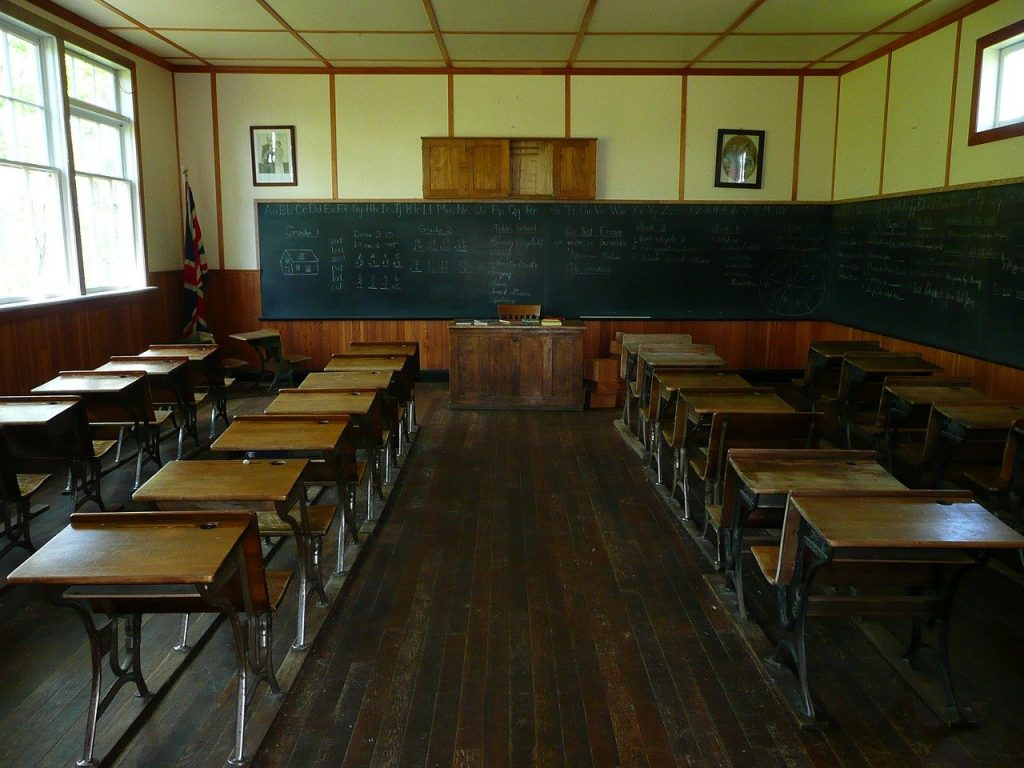
School Funding
You’ve probably heard school districts asking families to not disenroll their students because of funding. The basic gist is that schools get money for each student enrolled. Fewer students equal less funding. This can result in reduced supplies and materials, fewer ‘extras’ like music and art class, or even teacher layoffs. Even if you re-enroll your student next year, it can take an entire year or more for the district to earn back the money for your student. This is just the tip of the iceberg in terms of school funding issues. But the important thing to note is that parents now recognize the vast funding issues within our public-school system. Parents who have already figured out homeschool are not going to send their students to a defunded school, where resources are limited.
Student Health and Safety
Between poorly maintained school buildings, bullying, and school shootings, parents are starting to realize their kids are truly safer at home. In fact, recently there’s been speculation that schools may be damaging the mental health of students with graphic or violent active shooter drills, which are meant to protect them from intruders with guns. Parents who are currently homeschooling out of necessity are unlikely to return their students to an increasingly dangerous environment when they can continue their student’s education at home.
We’re Realizing Public School Does Not Equal Socialization
Kids need friends. They need to build social skills that will serve them in adulthood. As parents, we know we need to give them opportunities to socialize. However, I think the quality of socialization of a public school student is grossly overrated, and new homeschool parents are realizing it.
Kids Don’t Need Same-Aged Peers to be “social”
There’s no indication that same-aged public-school peers provide superior socialization for students. Sometimes the socialization piece of public school can actually hinder the learning process. Passing notes, skipping class, and quiet chitchat in class may help students build relationships with friends, but they are definitely not in the student’s best interests academically. First-time homeschool parents often realize that they can complete the necessary amount of homeschooling in a fraction of the time of public schools. This is because there are far fewer distractions. Homeschool students usually have far more free time to socialize with friends than public school students!
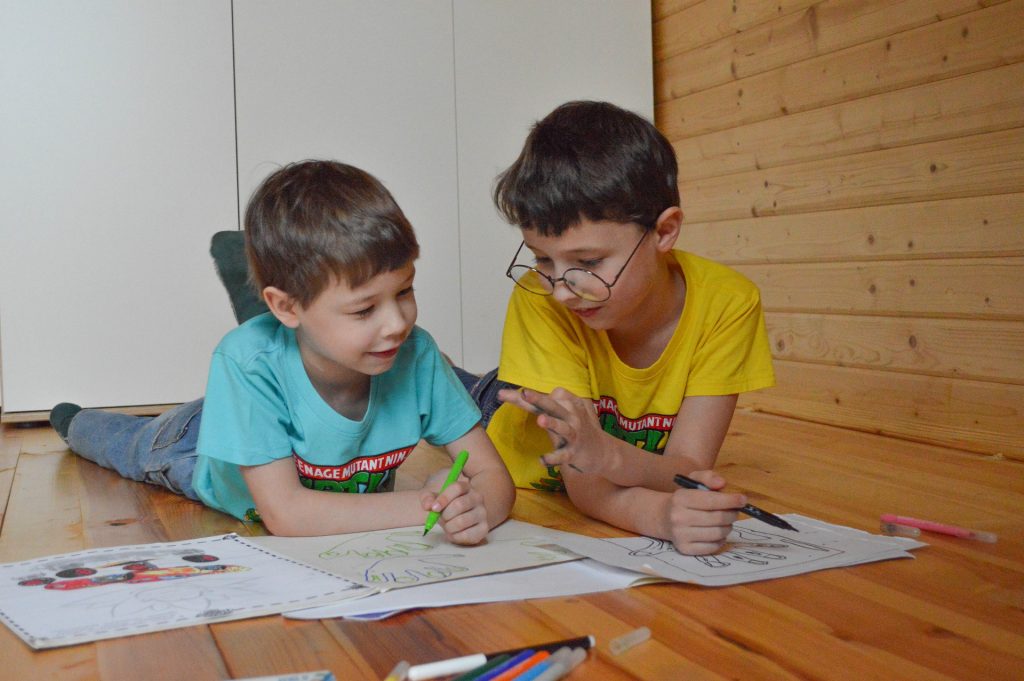
Public School Socialization is Nothing Like Real World Socialization
One of the great myths of homeschooling is that homeschoolers are ‘unsocialized’. On the contrary, homeschool students have a different, more ‘real world’ socialization experience. Public school students only interact with same-age peers, plus a handful of authority figures. Homeschoolers are interacting with multi-aged students and a plethora of adults. They learn how to coach younger students. And often they learn how to be coached by older, more experienced students or adults. They spend more time learning about subjects out in the real world, interacting with experts in each field instead of in a classroom. If given a choice, I would love for my student to learn about the civil war from a group of professional reenactors as opposed to a history textbook.
There are Plenty of Non-School Opportunities for Socialization
Public school students are in school for 6, 7, or even 8 hours a day with same-aged peers. A fraction of that time is spent learning. Homeschool students spend a couple of hours a day on their studies, and then have plenty of time for calling friends, exploring nature, visiting museums, and so much more. Parents now realize that public school isn’t necessary for their children to connect with other humans.
What’s Next if Homeschoolers Won’t Return?
This global pandemic has given us an opportunity to look at our education system from a different angle. We now have the experience and the skills to choose something different, something better. We’ve realized every parent is capable of homeschooling. I am confident that a significant number of new, unexpected homeschool parents will choose to continue homeschooling in the future.

